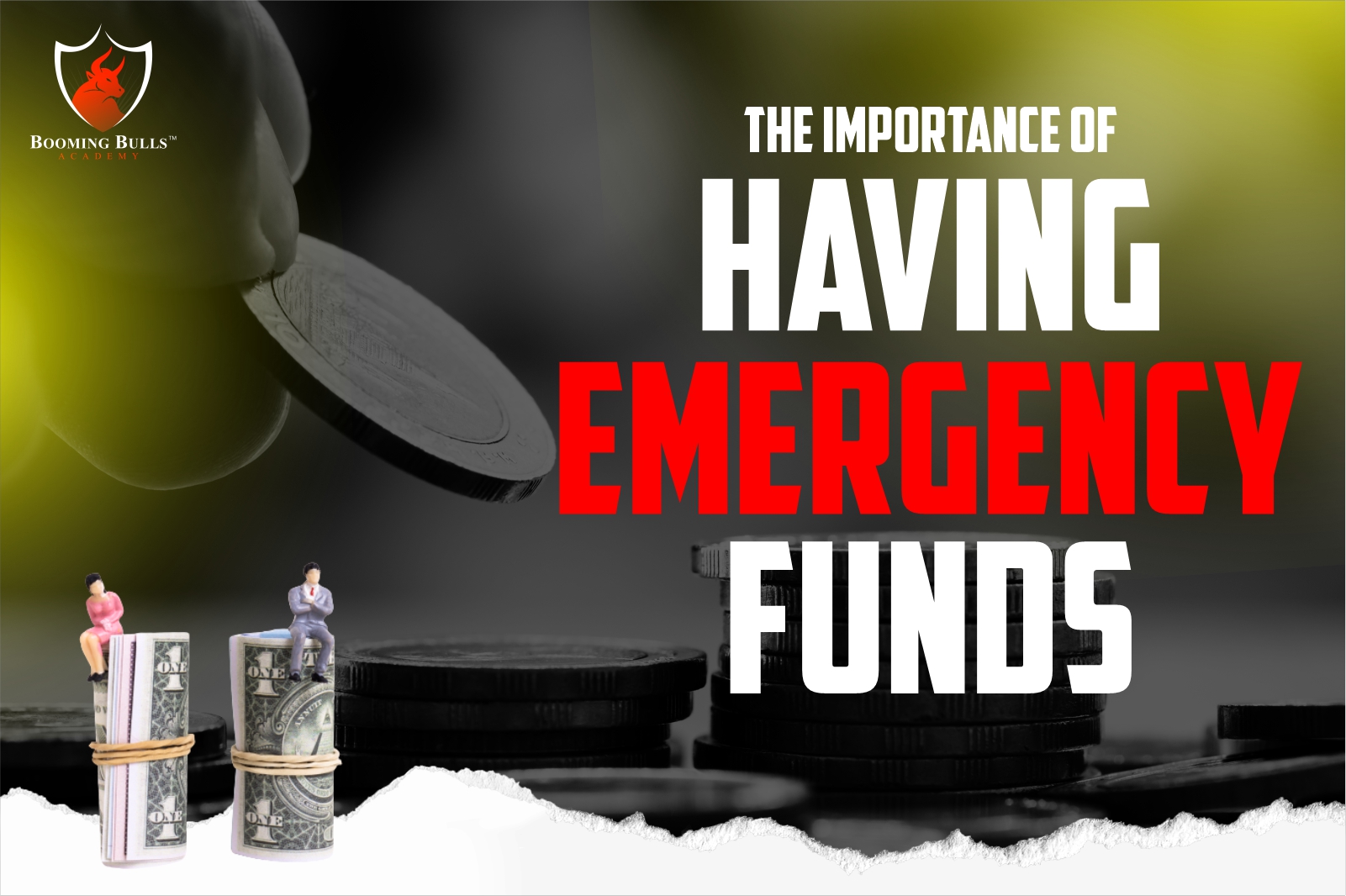

Financial stability and security are essential aspects of leading a stress-free life. One of the key components of achieving this stability is having an emergency fund. Life is unpredictable, and unexpected events can happen at any time, such as medical emergencies, car repairs, or sudden job loss.
An emergency fund acts as a financial cushion, providing you with peace of mind and a safety net during challenging times.
An emergency fund is a designated amount of money set aside to cover unexpected expenses or financial emergencies. These funds are easily accessible, typically held in a savings account or a similar liquid, low-risk account.
The primary purpose of an emergency fund is to ensure that you have funds available when you need them the most, without having to rely on credit cards, loans, or borrowing from friends and family.
Having an emergency fund provides a sense of financial security. Knowing that you have funds readily available for unforeseen circumstances can significantly reduce stress and anxiety associated with unexpected expenses.
Life is unpredictable, and emergencies can happen at any time. Whether it’s a sudden medical expense, car repairs, or unexpected home repairs, having funds set aside allows you to handle these situations without disrupting your overall financial stability.
Relying on credit cards or loans during emergencies can lead to a cycle of debt and high-interest payments. An emergency fund helps you avoid going into debt, saving you from unnecessary interest charges and potential long-term financial strain.
An emergency fund provides you with the flexibility to make important decisions without being constrained by immediate financial constraints. For example, having funds readily available can allow you to consider a job change, invest in opportunities, or take advantage of a great deal.
Without an emergency fund, you might be forced to liquidate long-term investments, like retirement accounts or stocks, to cover unexpected expenses. An emergency fund ensures that you can keep your long-term investments intact and growing.
Unexpected expenses can derail your financial goals, such as buying a house, starting a business, or going on a dream vacation. An emergency fund helps you stay on track with your goals by preventing these unplanned expenses from diverting your financial plans.
Building an emergency fund requires discipline and a structured approach. Here are steps to help you establish a solid emergency fund:
Determine how much you want to save in your emergency fund. A common recommendation is to have three to six months’ worth of living expenses as a baseline, but you may need more based on your circumstances.
Analyze your income and expenses to create a budget. Allocate a portion of your income specifically for building your emergency fund.
Set up automatic transfers to your designated savings account each month. Treating your savings like a non-negotiable expense ensures consistent progress in building your emergency fund.
Review your spending habits and identify areas where you can cut back. Redirect the saved money towards your emergency fund.
As your financial situation improves, consider increasing the amount you allocate to your emergency fund. This will help you reach your goal faster and enhance your financial security.
If you dip into your emergency fund for a genuine emergency, make it a priority to replenish the fund as soon as possible to maintain its intended balance.
In conclusion, having an emergency fund is an essential component of financial well-being. It provides security, peace of mind, and the ability to navigate unexpected financial challenges without compromising your long-term financial goals.
Start building your emergency fund today to secure a more stable and worry-free future.
If you want to know more about Risk Management & Intraday Trading Strategies you can refer to our previous blog on Importance Of Risk Management In Trading and 10 Best Intraday Trading Strategies.
Open a Demat Account using our link to get support from us – https://bit.ly/3gyhIWN and send your ID to [email protected]
Happy learning!